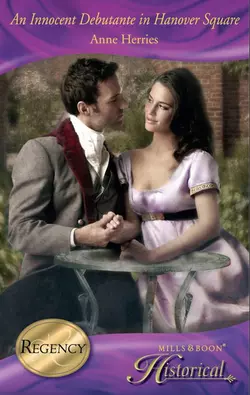An Innocent Debutante in Hanover Square

Anne Herries
Тип: электронная книга
Жанр: Современная зарубежная литература
Язык: на английском языке
Стоимость: 463.26 ₽
Издательство: HarperCollins
Дата публикации: 16.04.2024
Отзывы: Пока нет Добавить отзыв
О книге: Innocent Miss, Powerful Lord!Debutante Helene Henderson has been given a gift of one season in London ; if she is to save her impoverished family she must find a husband! Only unworldly Helene′s compassionate nature leads her into the path of a handsome rake with secrets of his own. . .Lord Max Coleridge is intrigued by Helene′s beguiling mix of shyness and spirit ; but with his life in danger, how can he put her at risk? Helene′s courage shines through and Max intends to solve this mystery ; and make this innocent miss his bride!Debutantes enjoy the delights ofA Season in Town